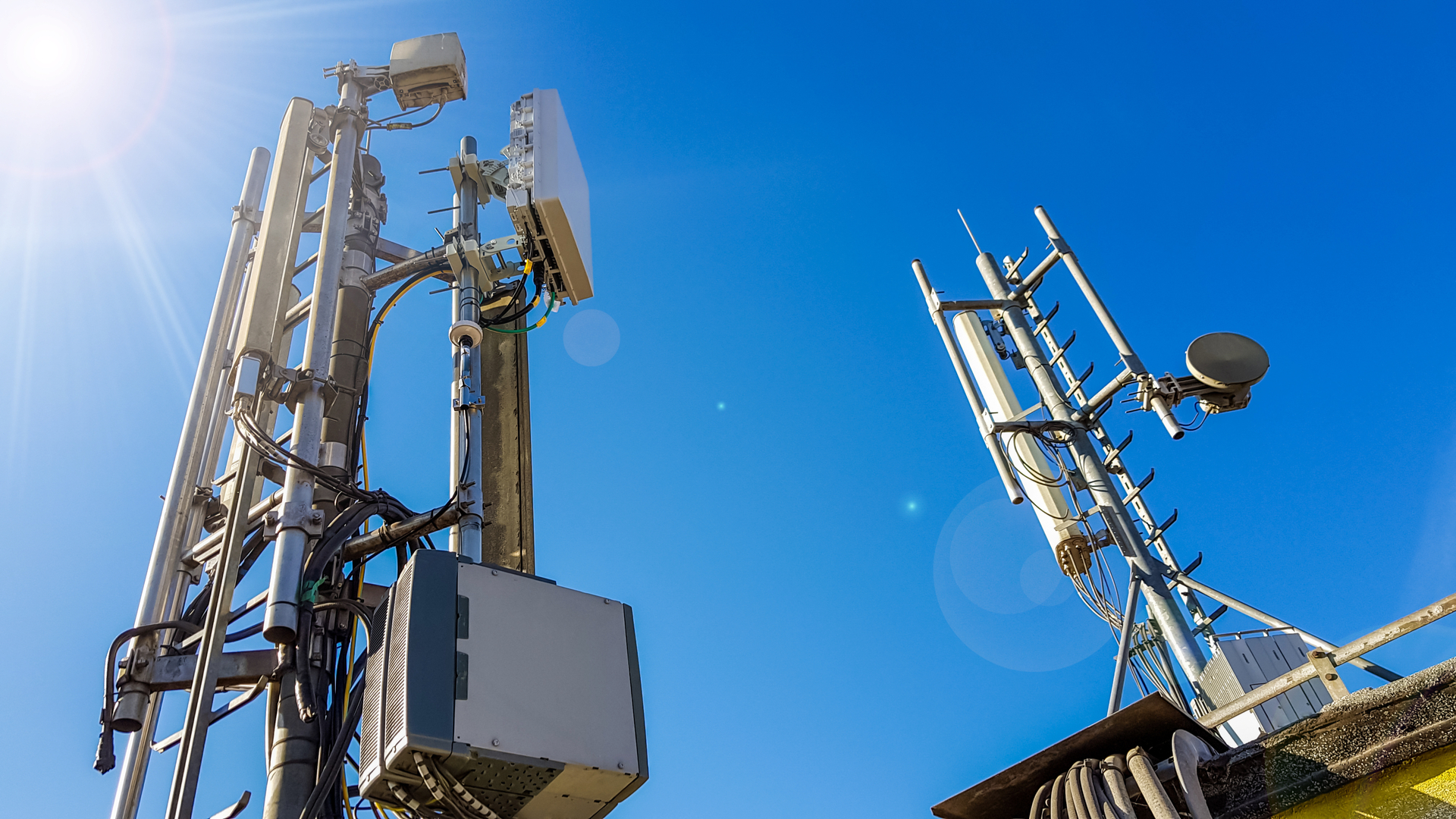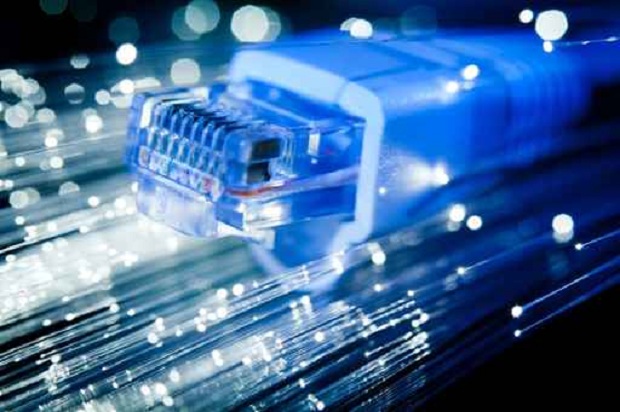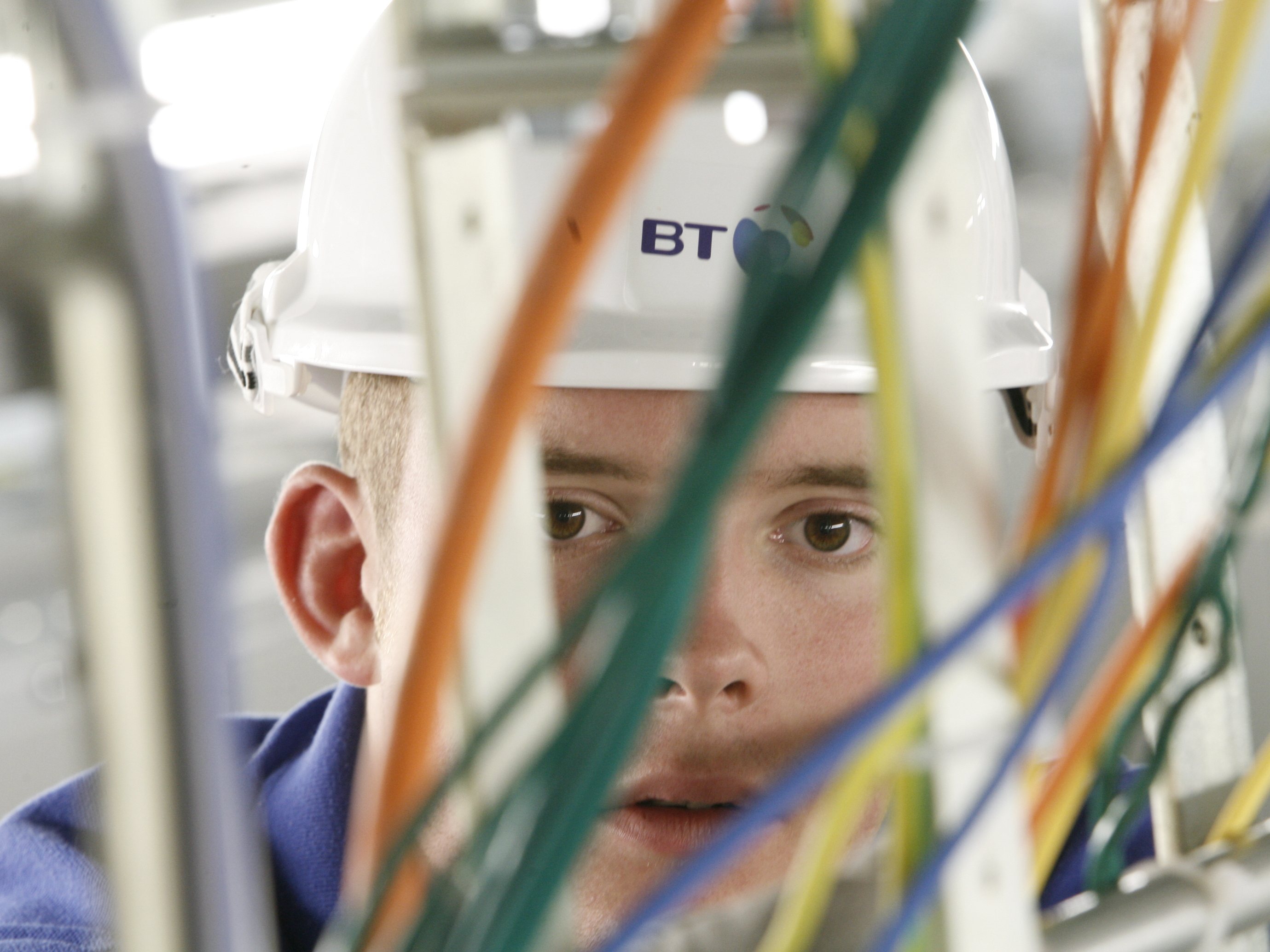Almost one million Brits still suffer with appalling broadband speeds, Ofcom report finds
A new Ofcom report reveals a massive 925,000 people are still on downloads speeds of less than 10Mbps

With all this talk about high-speed internet, it's easy to forget many UK citizens are still struggling to get broadband connections that are faster than the minimum speed needed to stream a Netflix show.
As Ofcom outlines in its Connected Nations Report 2018, some 925,000 households and businesses are still unable to even reach download speeds of 10Mbps, accounting for 3% of UK households and premises. While this number has gone down with each successive report, it hasn't gone down by a significant amount. In May 2016, the figure was at 1.6 million. It then went down to 1.1 million in 2017. With only an extra 150,000 households and premises able to get above the measly 10Mbps in 2018, the availability and uptake of adequate broadband speeds seems to be as sluggish as their download speeds.
"There have been further improvements in the availability of broadband services across the UK. However, more needs to be done to provide consumers with access to decent broadband," Ofcom wrote in the report. "There are still too many people in the UK who cannot get a decent broadband connection."
This figure is in stark contrast to Ofcom's report that 95% of UK premises have access to super-fast high-speed broadband, which it outlined as "providing a minimum 30Mbps download speed".
"It is imperative that, as well as deploying ultrafast broadband, we ensure that every home and business has a minimum level of fast internet broadband internet, especially in rural communities where lack of access can be a serious problem," Matt Powell, editor at Broadband Genie said.
While it's pretty awful so many people are still on such slow broadband speeds, most of them should be getting an upgrade fairly soon. Come 2020, the government will have to make sure every household and business has access to broadband speeds of at least 10Mbps, following legislation passed in March, albeit with one small caveat.
"Homes and businesses will be able to request a connection up to a cost threshold of 3,400," Ofcom wrote. "For the most expensive to reach properties where the costs of providing a USO (Universal Service Obligation) connection exceed this amount, consumers will need to
Get the ITPro daily newsletter
Sign up today and you will receive a free copy of our Future Focus 2025 report - the leading guidance on AI, cybersecurity and other IT challenges as per 700+ senior executives
That said, a measly 10Mbps will be even more atrocious by the time 2020 comes around, considering that, according to the report, on the other side of the fence, 1.2 million UK premises have full fibre 1GB coverage.
"We're still a long way from having a full fibre network that is capable of handling future demand for high speed internet access, though a number of providers have announced plans to further invest in and develop full fibre networks," Powell added. "If the UK is to remain competitive especially given the uncertainty of Brexit we need to rapidly expand coverage of ultrafast broadband while still maintaining healthy competition to avoid a monopoly."
Ofcom will be put in charge of enforcing the Universal Service Obligation's rollout in 2020.
-
 Women show more team spirit when it comes to cybersecurity, yet they're still missing out on opportunities
Women show more team spirit when it comes to cybersecurity, yet they're still missing out on opportunitiesNews While they're more likely to believe that responsibility should be shared, women are less likely to get the necessary training
By Emma Woollacott
-
 OpenAI's new GPT-4.1 models miss the mark on coding tasks
OpenAI's new GPT-4.1 models miss the mark on coding tasksNews OpenAI says its GPT-4.1 model family offers sizable improvements for coding, but tests show competitors still outperform it in key areas.
By Ross Kelly
-
 Ofcom net neutrality update dismisses calls for big tech contributions
Ofcom net neutrality update dismisses calls for big tech contributionsNews Ofcom’s net neutrality stance has been criticized by some industry stakeholders
By Emma Woollacott
-
 UK 5G spectrum auction will finally go ahead this week
UK 5G spectrum auction will finally go ahead this weekNews The much awaited auction will involve companies bidding for frequency in two bands
By Zach Marzouk
-
 ISPs now have 30 days to fix net speeds or face null contracts
ISPs now have 30 days to fix net speeds or face null contractsNews Ofcom confirms customers will soon be able to walk away if their service dips
By Dale Walker
-
 More than a million UK properties don't have access to 'decent' broadband speeds
More than a million UK properties don't have access to 'decent' broadband speedsNews Ofcom's Connected Nations report finds broadband is still lacking across 4% of the UK
By Roland Moore-Colyer
-
 BT offers to invest up to £600m to provide universal high-speed broadband
BT offers to invest up to £600m to provide universal high-speed broadbandNews The company's offer would replace new regulation proposed by the government
By Zach Marzouk
-
 Ofcom caps EE and BT's spectrum bidding
Ofcom caps EE and BT's spectrum biddingNews Regulator will limit how much spectrum a single mobile operator can own
By Nicole Kobie
-
 Ofcom caps BT's Openreach prices
Ofcom caps BT's Openreach pricesNews Regulator limits the amount that rivals can be charged for leasing the company's superfast broadband
By Adam Shepherd
-
 Ofcom fines BT a record £42m for slow broadband installations
Ofcom fines BT a record £42m for slow broadband installationsNews BT failed to compensate rivals for delayed line installations
By Dale Walker